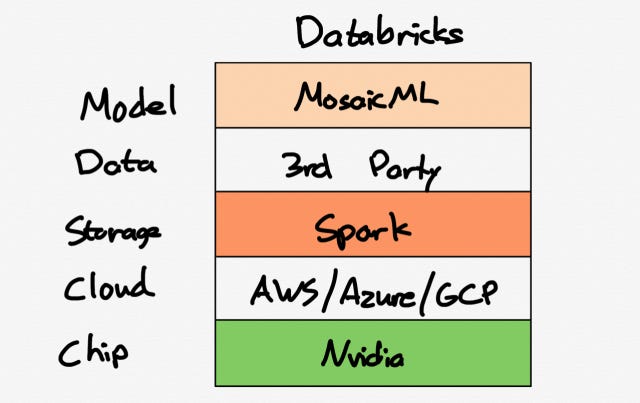The Future Of Application Software

🌈 Abstract
The article discusses the potential impact of AI on the future of enterprise application software. It explores how the rise of AI agents and the increasing importance of data could lead to a transformation in the way business applications are developed and consumed.
🙋 Q&A
[01] The Existential Threat of AI for Incumbent Application Software Vendors
1. What is the key argument made about the impact of AI on enterprise application software?
- The article argues that as enterprises allocate more software budgets to AI, this represents an existential threat for many incumbent application software vendors.
- While the "death of software" is exaggerated, business application software as we've known it for over two decades may be undergoing its most radical transformation yet.
- In this "post-transformer age", data has ultimate gravity, and the value of wrapping a human-friendly UI with CRUD operations on a database will be nullified in a world of abundant AI agents.
2. How does the article describe the current state of cloud software penetration and enterprise IT budgets?
- Cloud software penetration of IT spend has outstripped growth in software, technology, and world GDP, to the extent that Salesforce may never return to double-digit growth.
- However, enterprise IT budgets are not going anywhere, as businesses still have jobs to be done and outcomes they want to achieve.
- The automation of work unlocks services budgets that were previously out of reach, so the growth crunch in software is raising questions about value accrual rather than being TAM-constrained.
[02] The Emerging Role of AI Agents in Enterprise Applications
1. How does the article describe the potential future of AI-native software vendors?
- The new cohorts of AI-native software vendors will increasingly transmit units of value that are consumed on a usage basis, rather than a seat-based SaaS model.
- There is a future of asynchronous 24x7 AI agents increasing the throughput of work, where the UI/UX for AI-native applications may not matter for large swathes of work that can be entirely delegated to these agents.
2. What are the key announcements from Databricks that the article highlights?
- Databricks announced a $2.4 billion run-rate revenue and 60% growth at scale.
- They also announced the Mosaic AI Agent Framework, which makes it easy for developers to build high-quality AI applications using foundation models and enterprise data.
- Databricks and Snowflake have the potential to offer a vertically integrated solution for enterprise AI adoption by unifying a company's data and unlocking both data and business applications.
3. How does the article describe the potential impact of data platforms on enterprise application software vendors?
- The data gravity protecting current systems of record will be obviated as companies collapse data silos and store all their data in data lakehouses.
- The incremental value of standalone business application software vendors may be diminished, as the data platforms (and to some extent the hyperscalers) may index themselves to the enterprises of tomorrow that allocate their IT spend from first principles without the burdens of data gravity.
Shared by Daniel Chen ·
© 2024 NewMotor Inc.